Abstract
The quality of behavior analysis is of interest to many individuals within the community. Other professionals are including behavior analysis in their credentials and excluding from practice those qualified behavior analysts who do not have their credentials. Existing credentialing programs do not seem to regulate behavior analysis adequately. This article examines reasons for a professional credential in behavior analysis, various components of credentialing programs, the forms of programs available, and alternative professional credentials for behavior analysts.
Keywords: credentialing, certification, accreditation, ethics, licensing, registration
Full text
PDF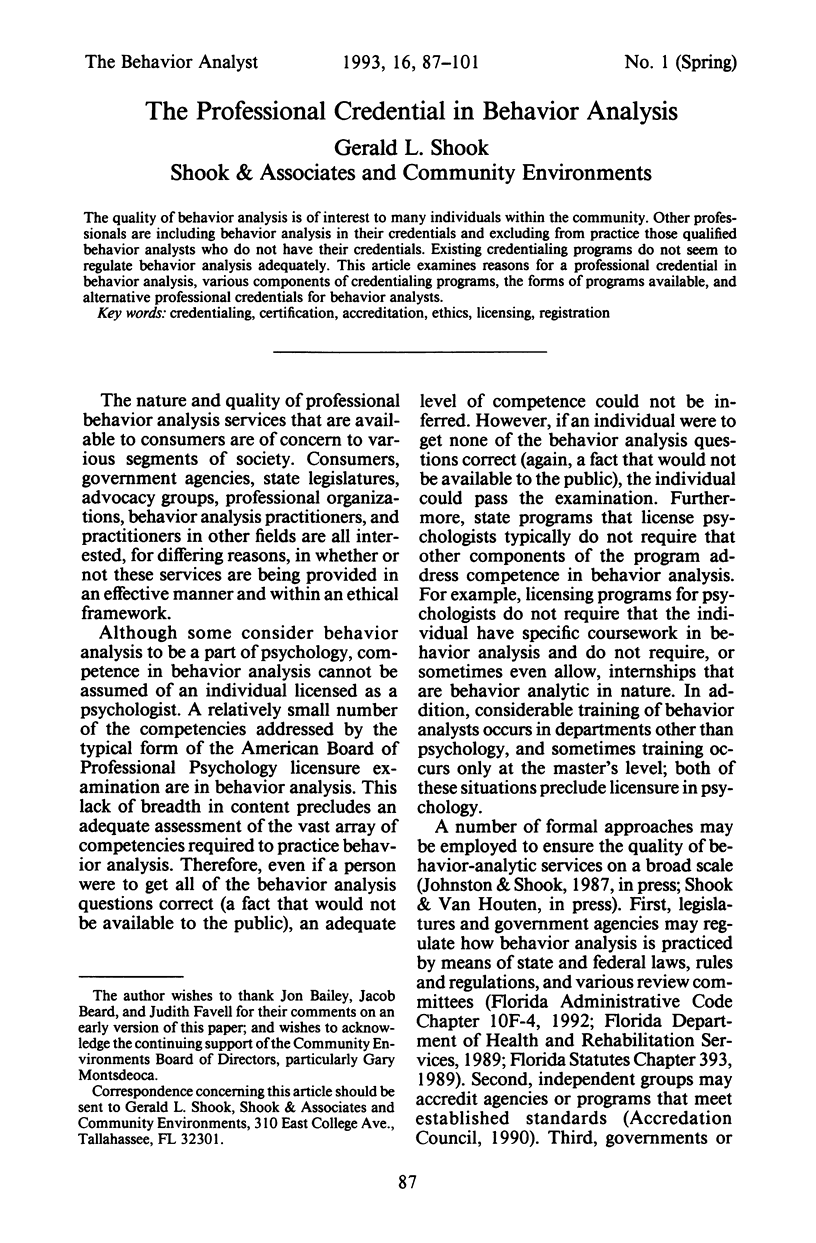
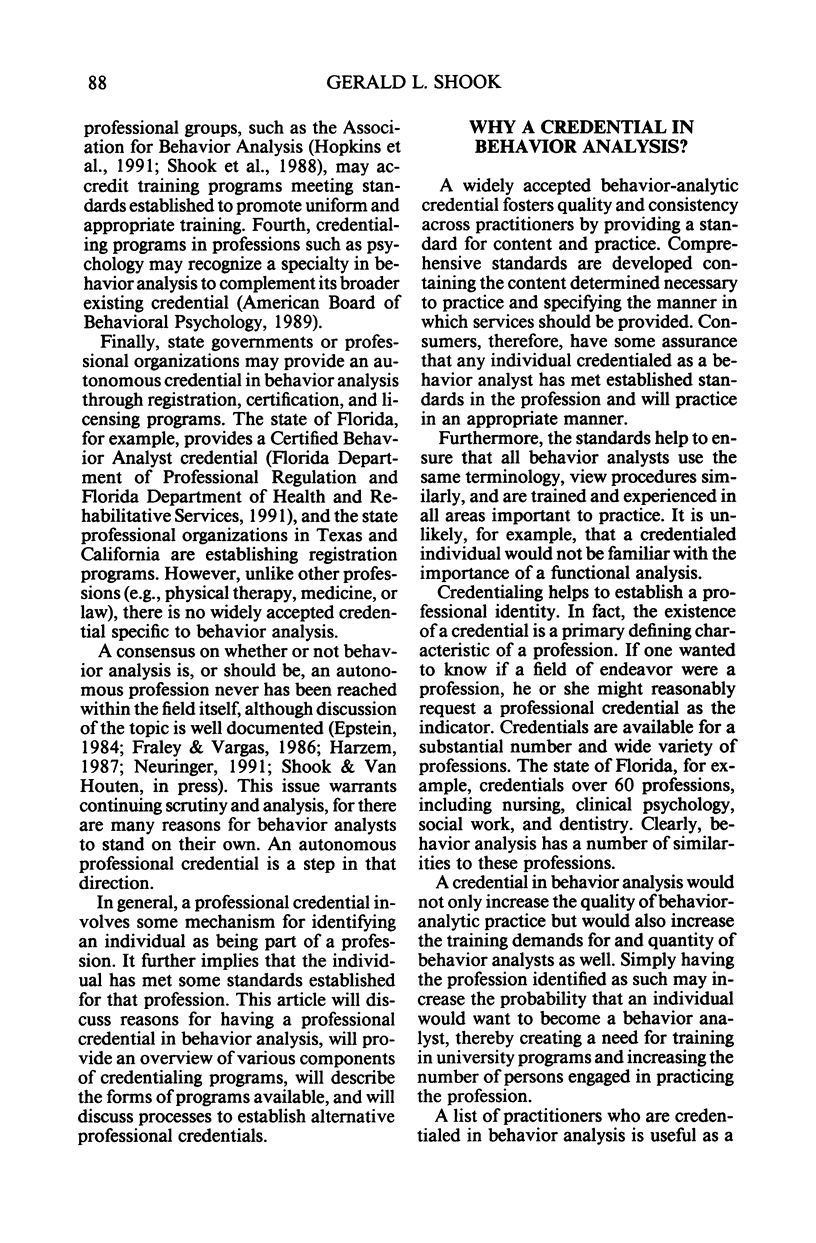
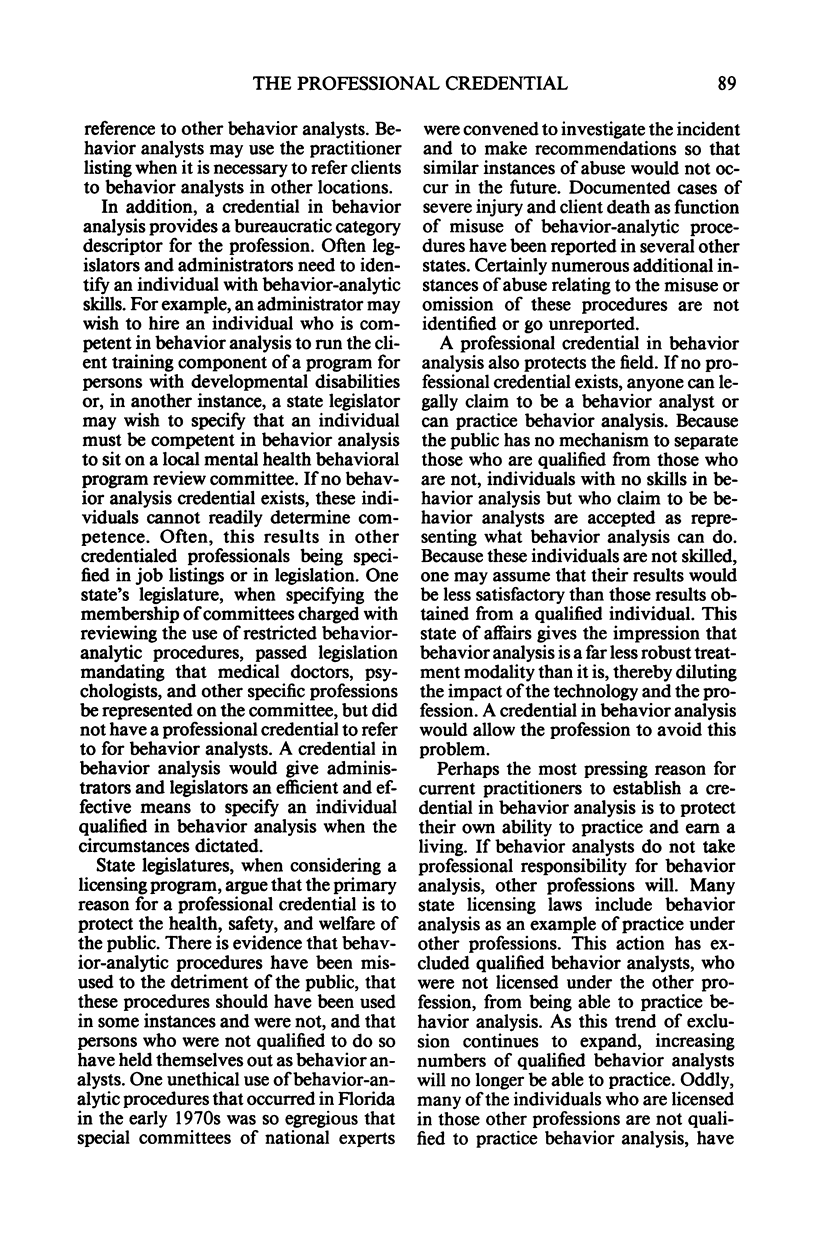
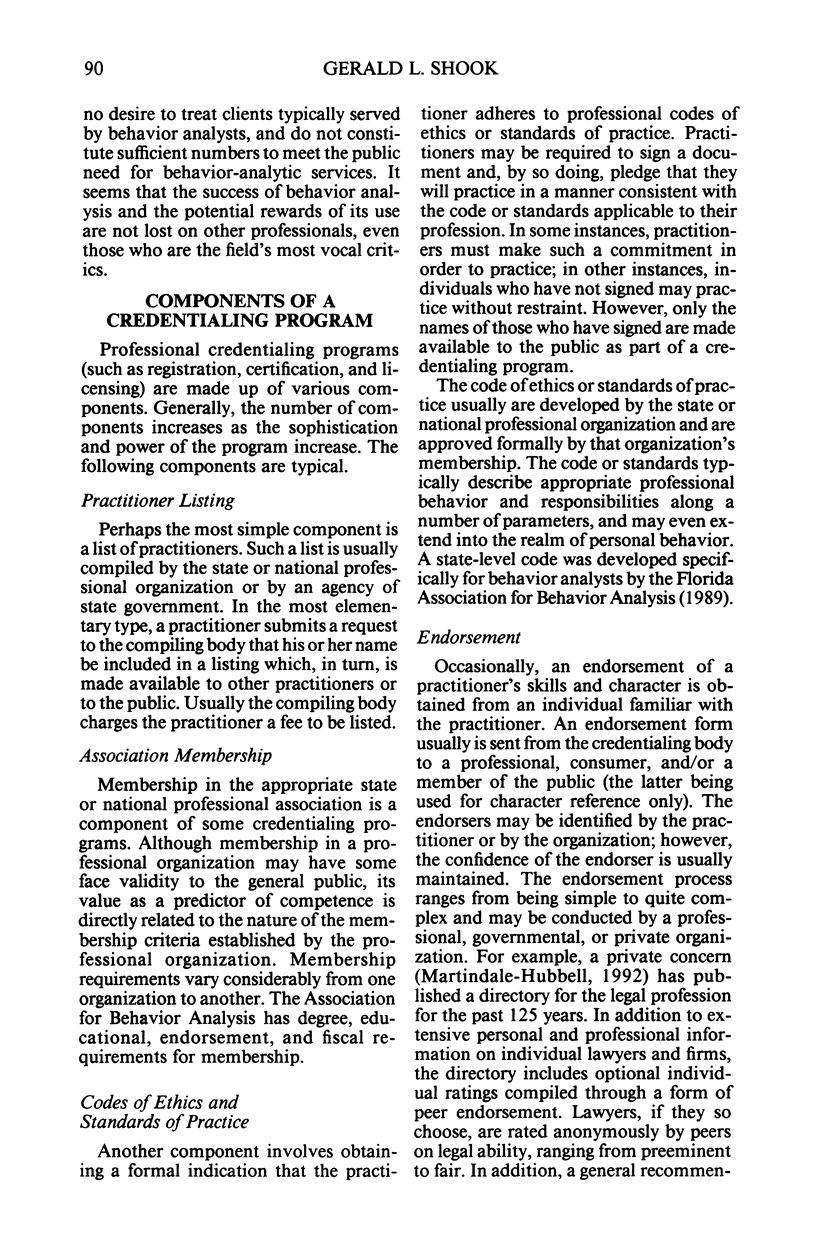
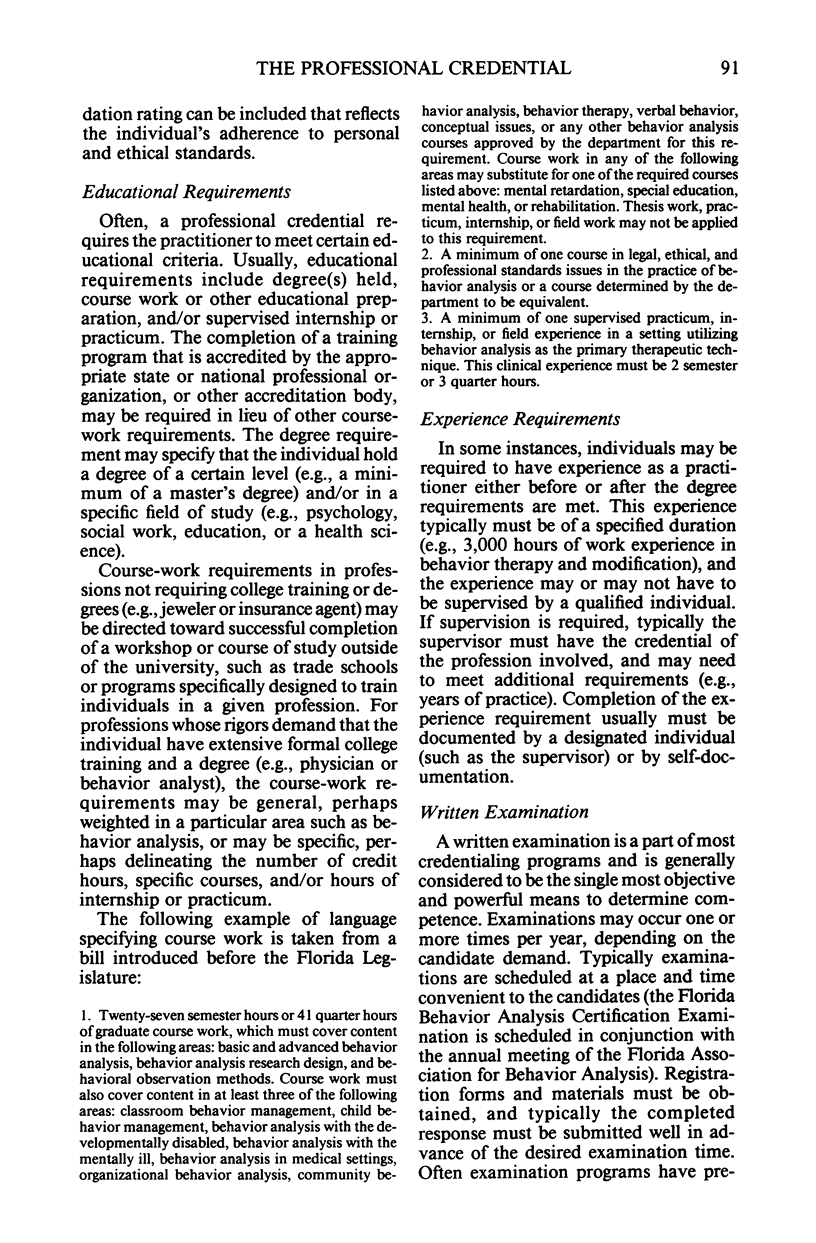
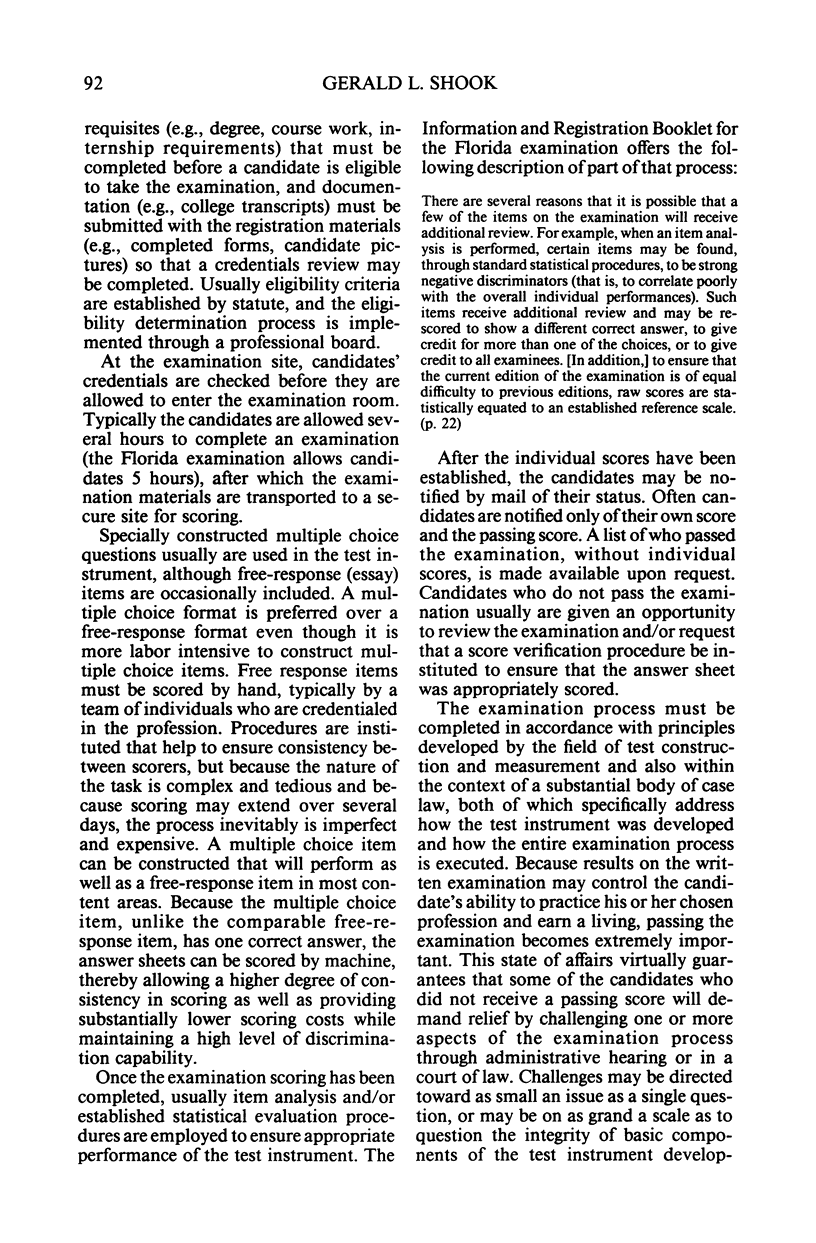
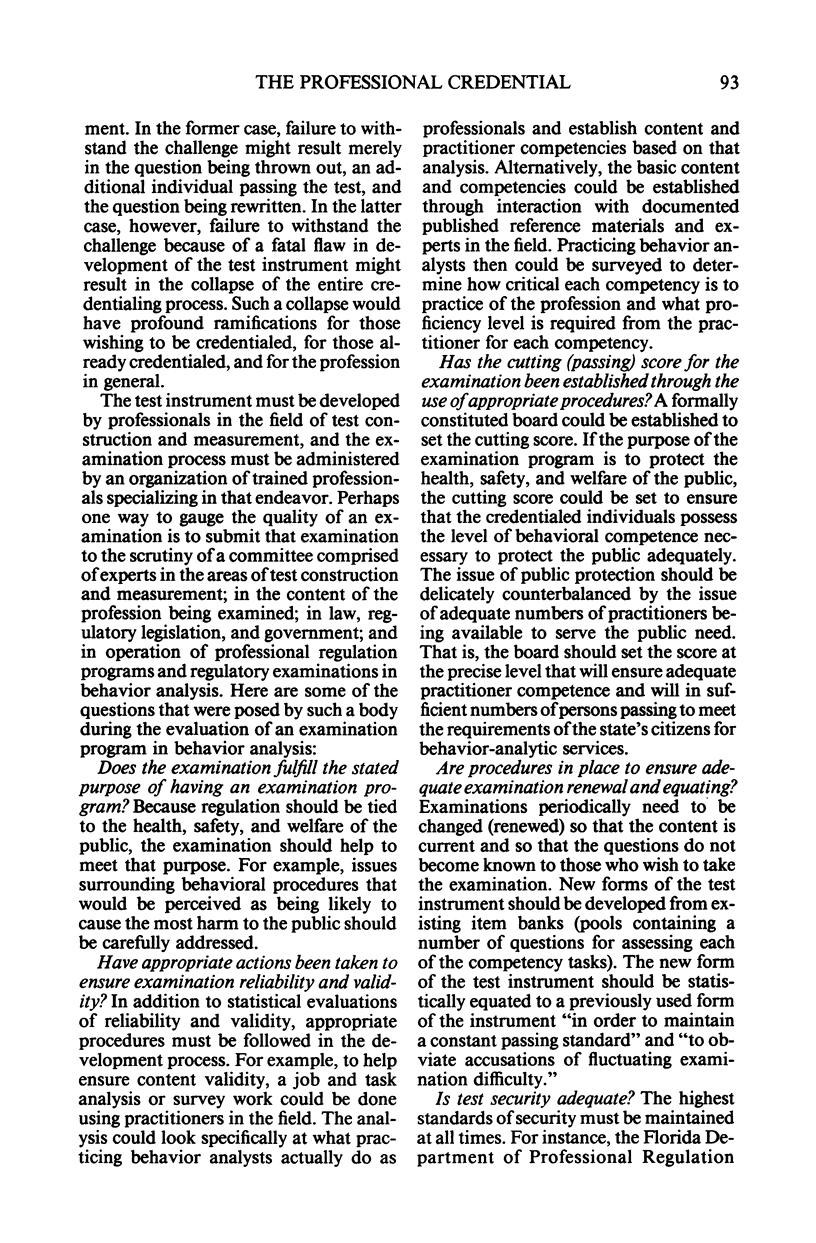
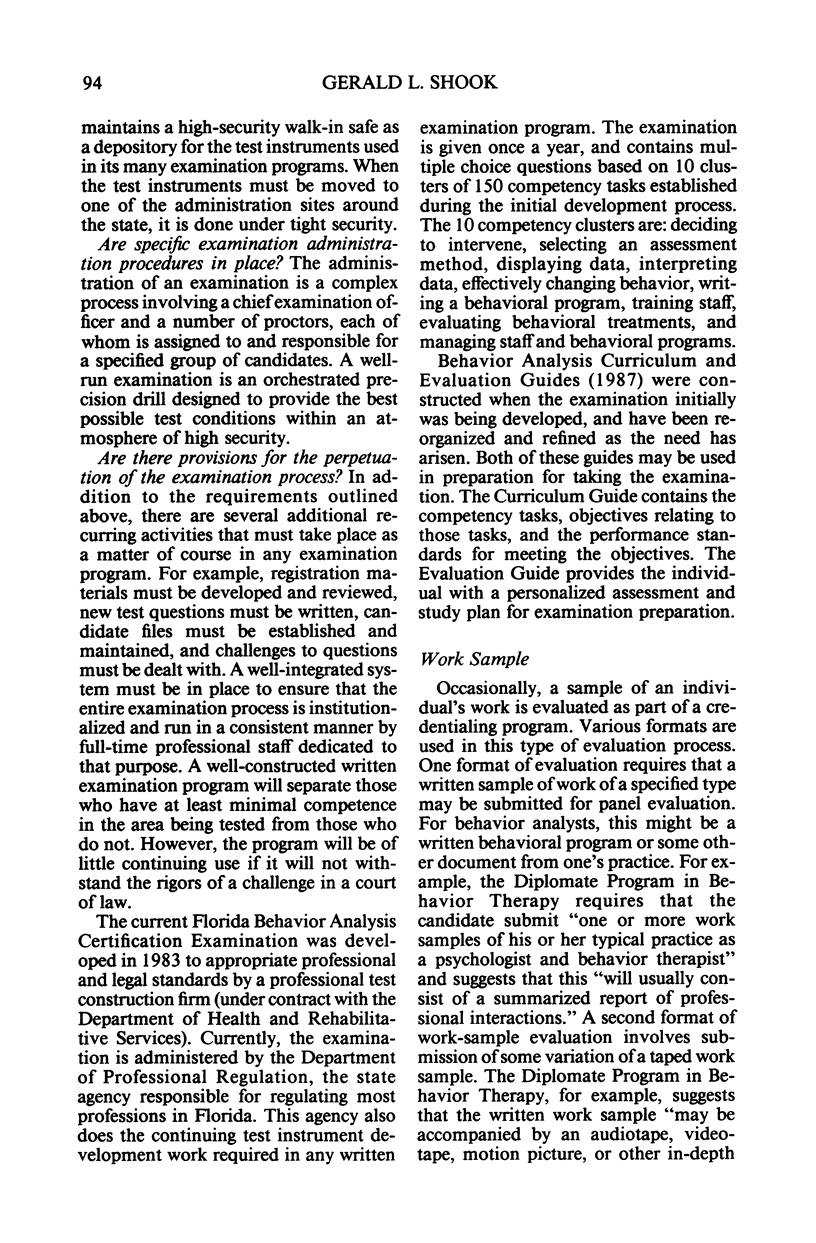
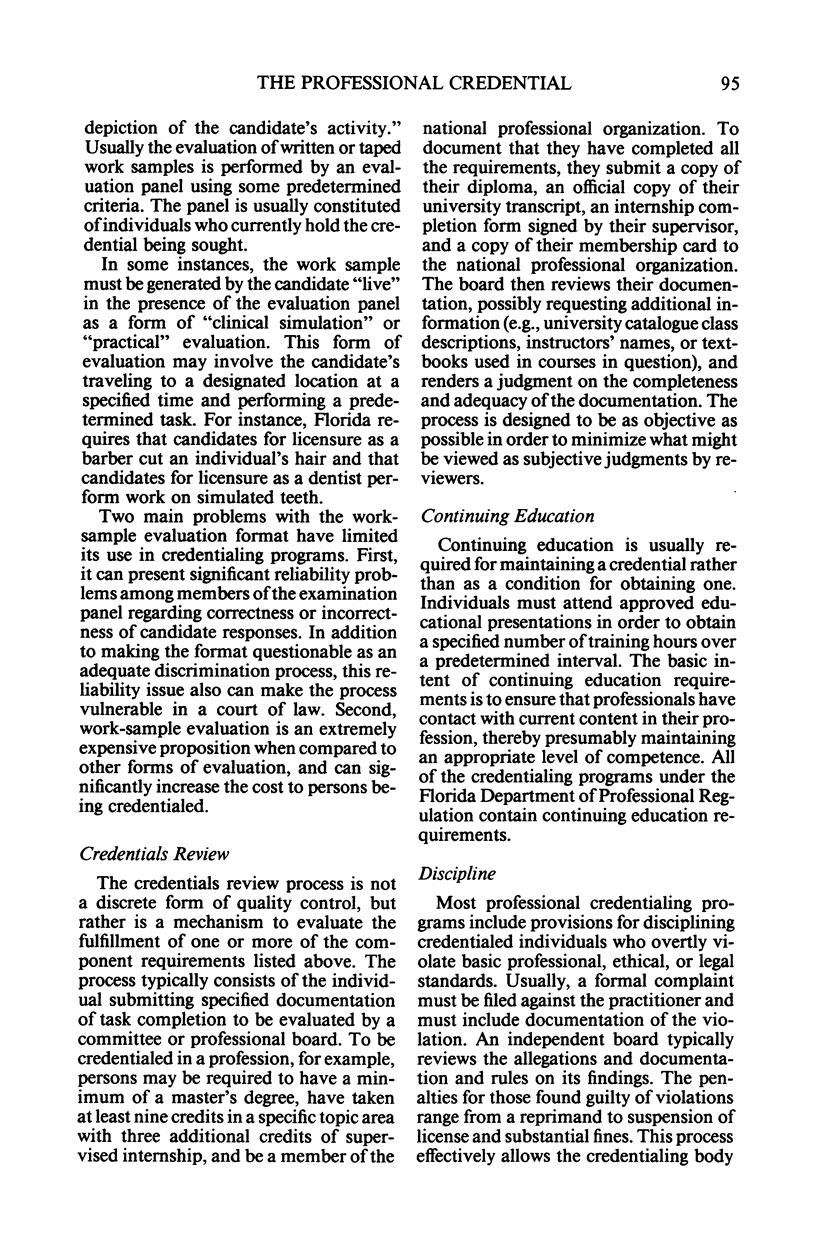
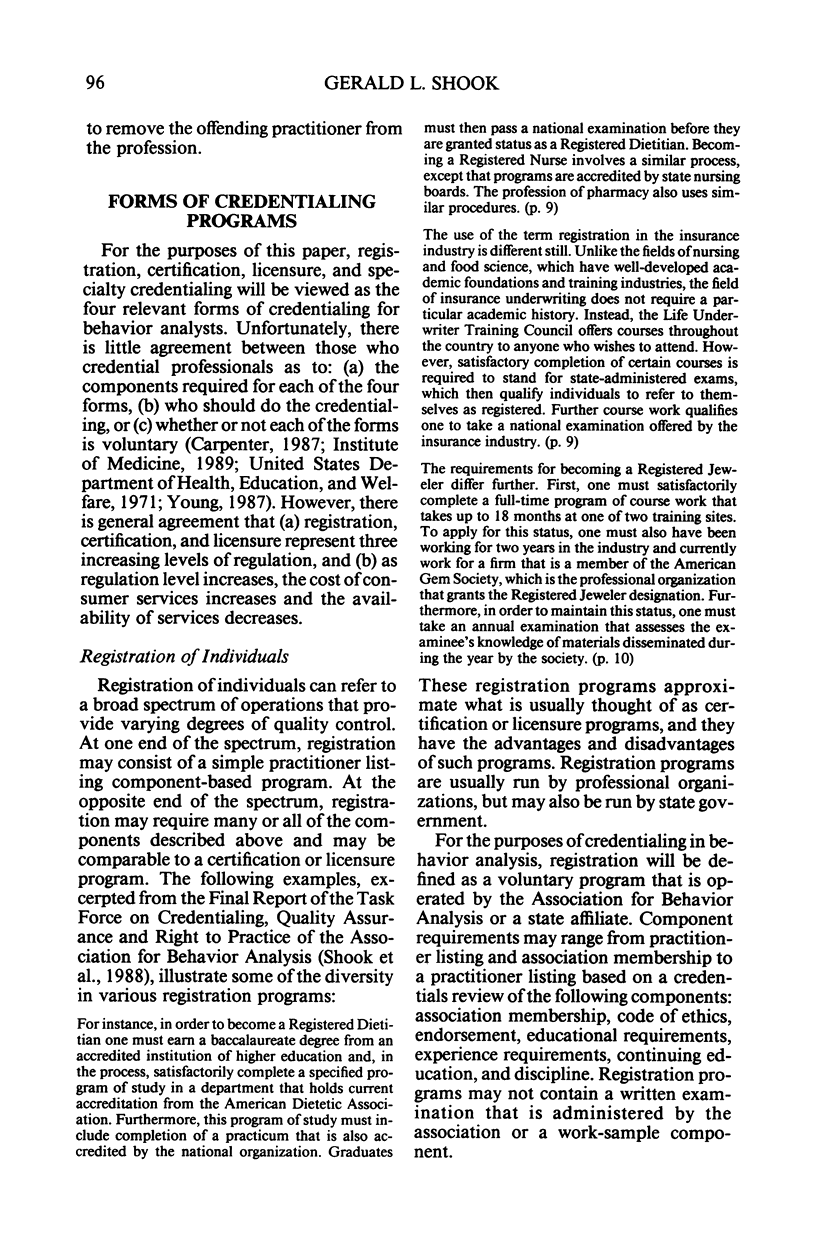
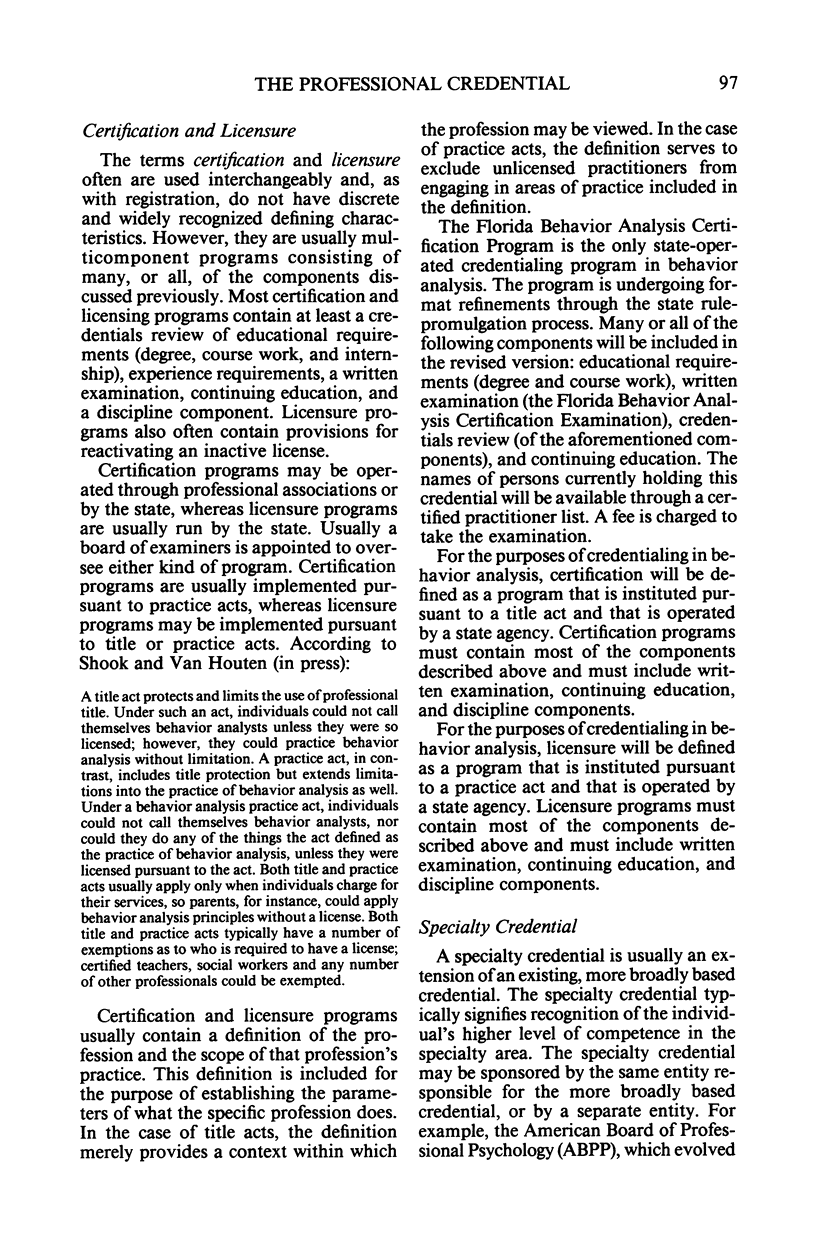
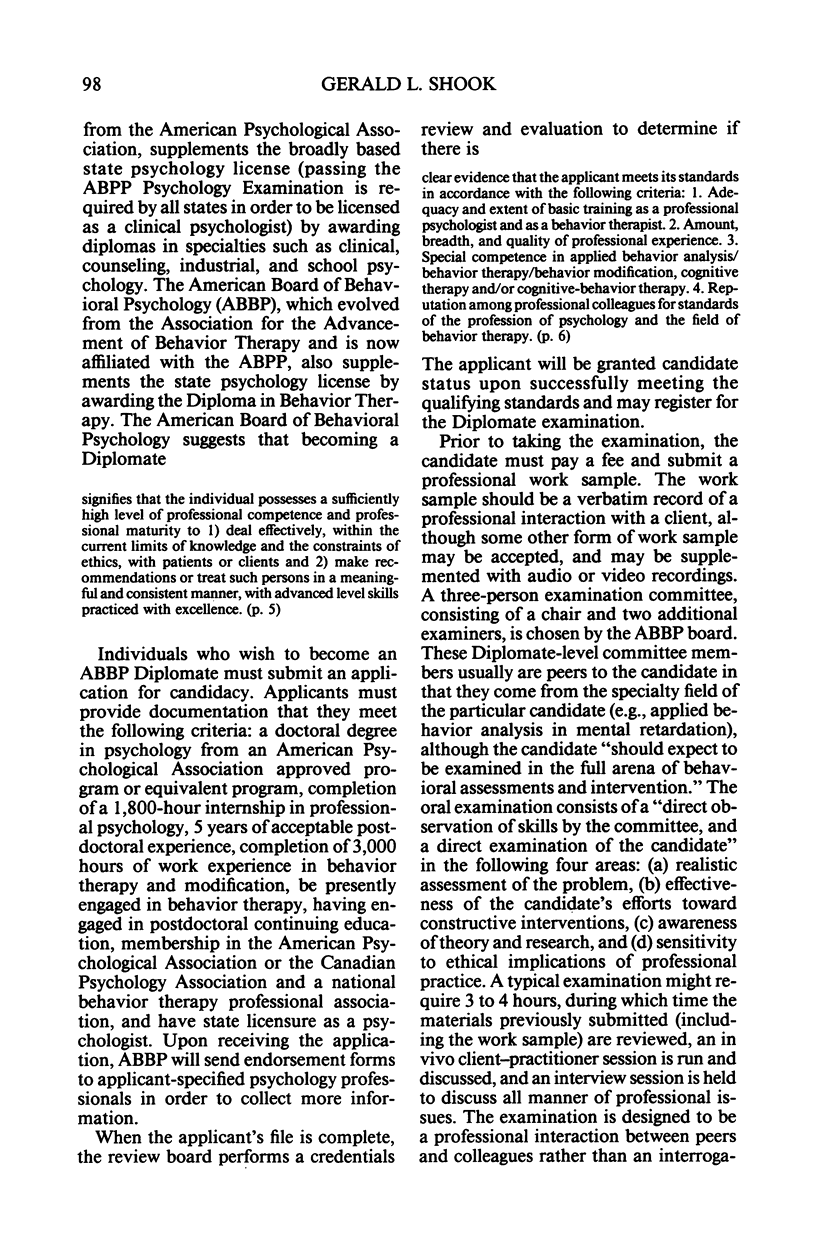
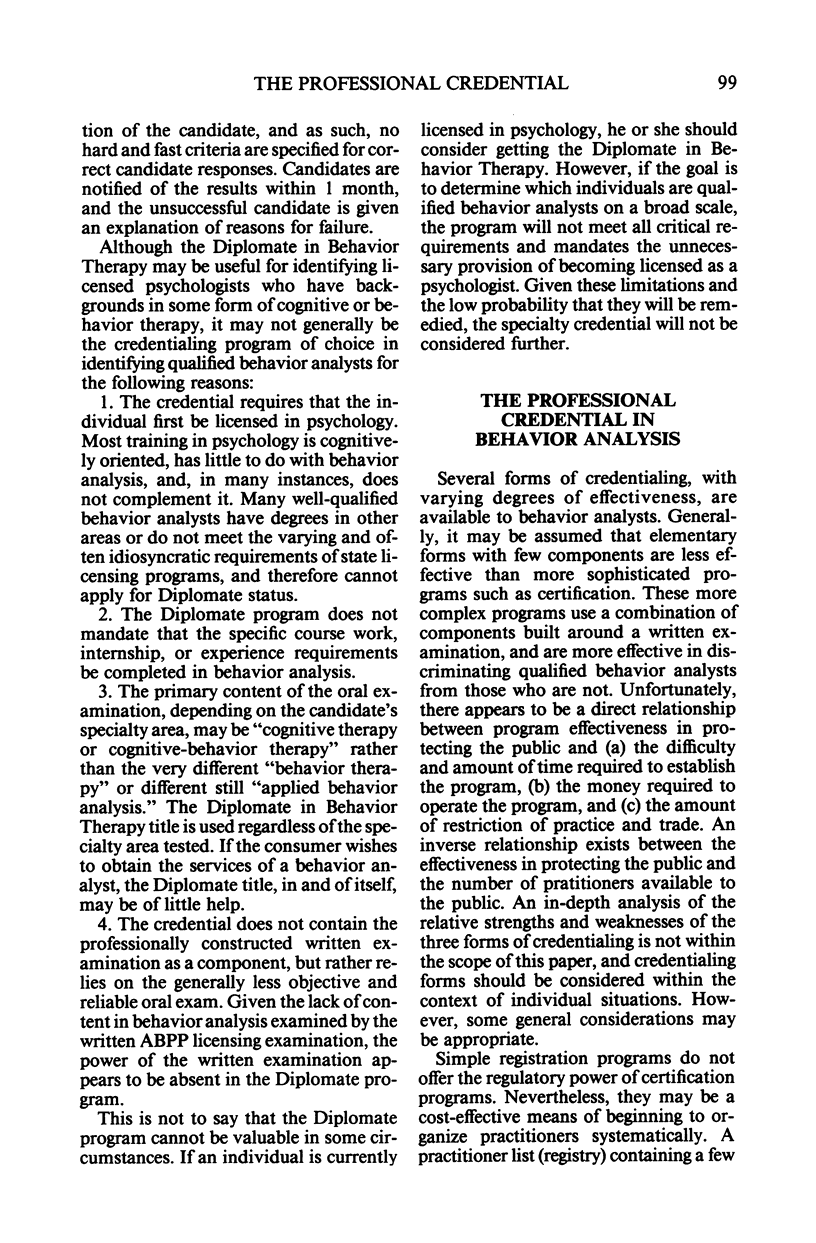
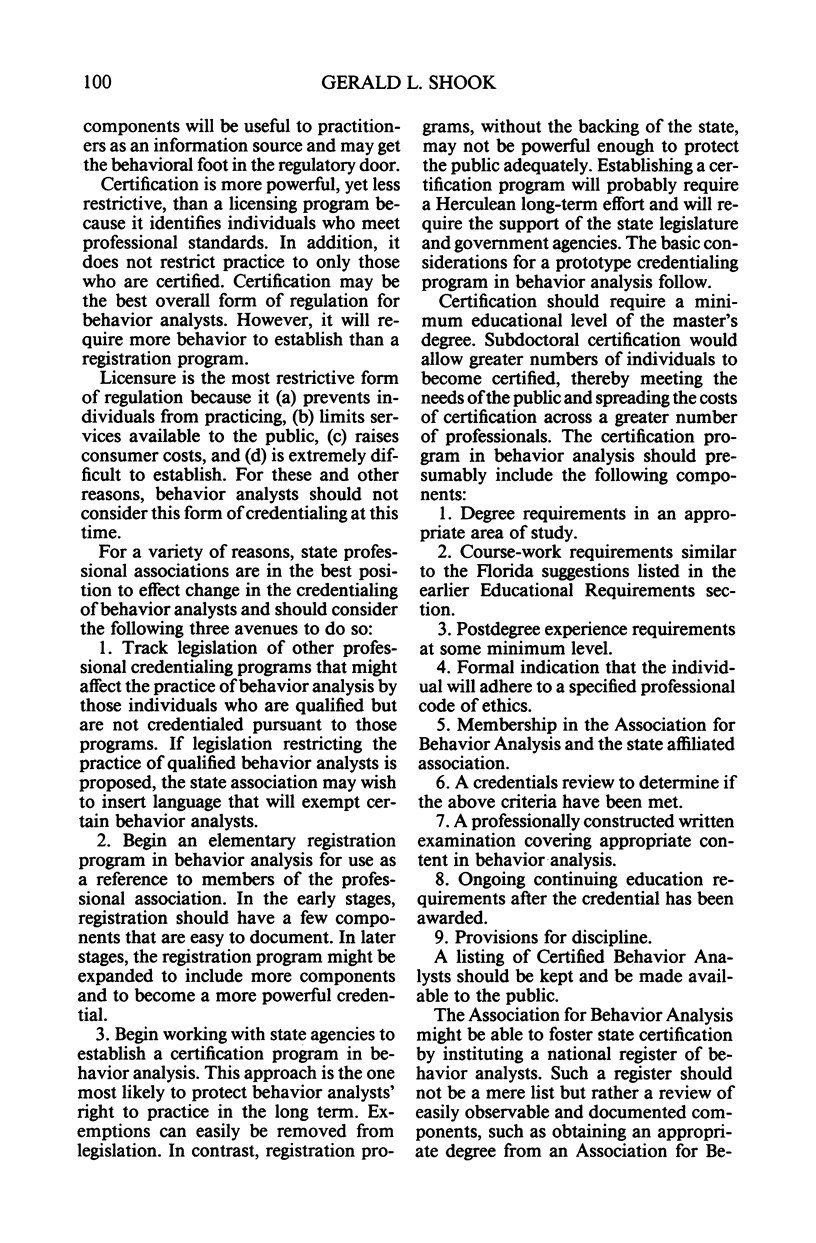
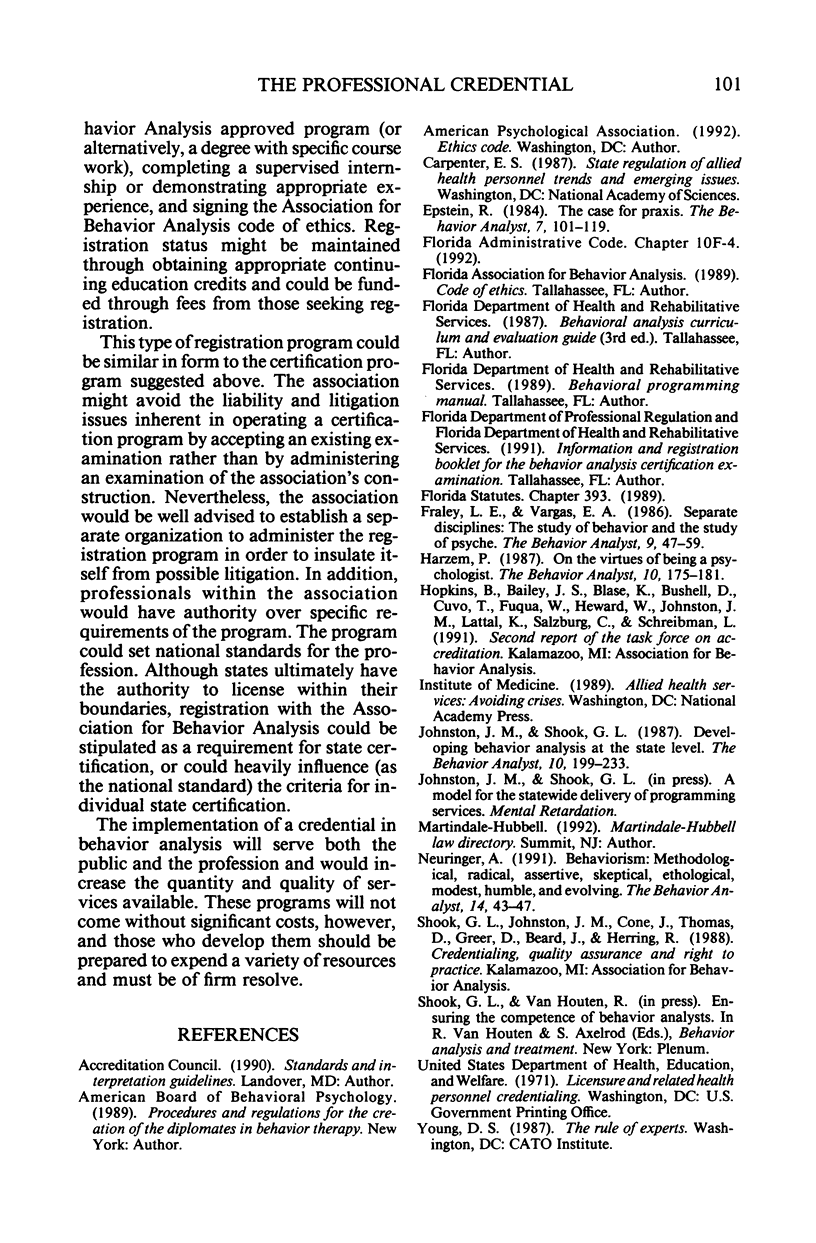
Selected References
These references are in PubMed. This may not be the complete list of references from this article.
- Epstein R. The case for praxics. Behav Anal. 1984 Fall;7(2):101–119. doi: 10.1007/BF03391894. [DOI] [PMC free article] [PubMed] [Google Scholar]
- Fraley L. E., Vargas E. A. Separate disciplines: The study of behavior and the study of the psyche. Behav Anal. 1986 Spring;9(1):47–59. doi: 10.1007/BF03391929. [DOI] [PMC free article] [PubMed] [Google Scholar]
- Harzem P. On the virtues of being a psychologist. Behav Anal. 1987 Fall;10(2):175–181. doi: 10.1007/BF03392427. [DOI] [PMC free article] [PubMed] [Google Scholar]
- Johnston J. M., Shook G. L. Developing behavior analysis at the state level. Behav Anal. 1987 Fall;10(2):199–233. doi: 10.1007/BF03392431. [DOI] [PMC free article] [PubMed] [Google Scholar]
- Neuringer A. Behaviorism: Methodological, radical, assertive, skeptical, ethological, modest, humble, and evolving. Behav Anal. 1991 Spring;14(1):43–47. doi: 10.1007/BF03392551. [DOI] [PMC free article] [PubMed] [Google Scholar]


